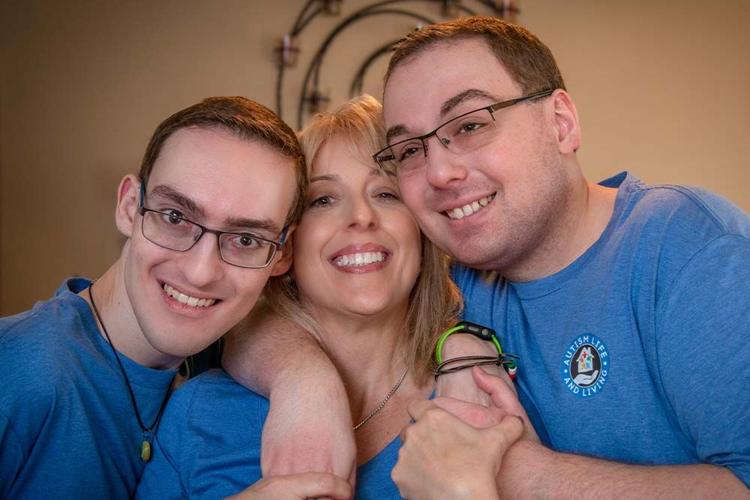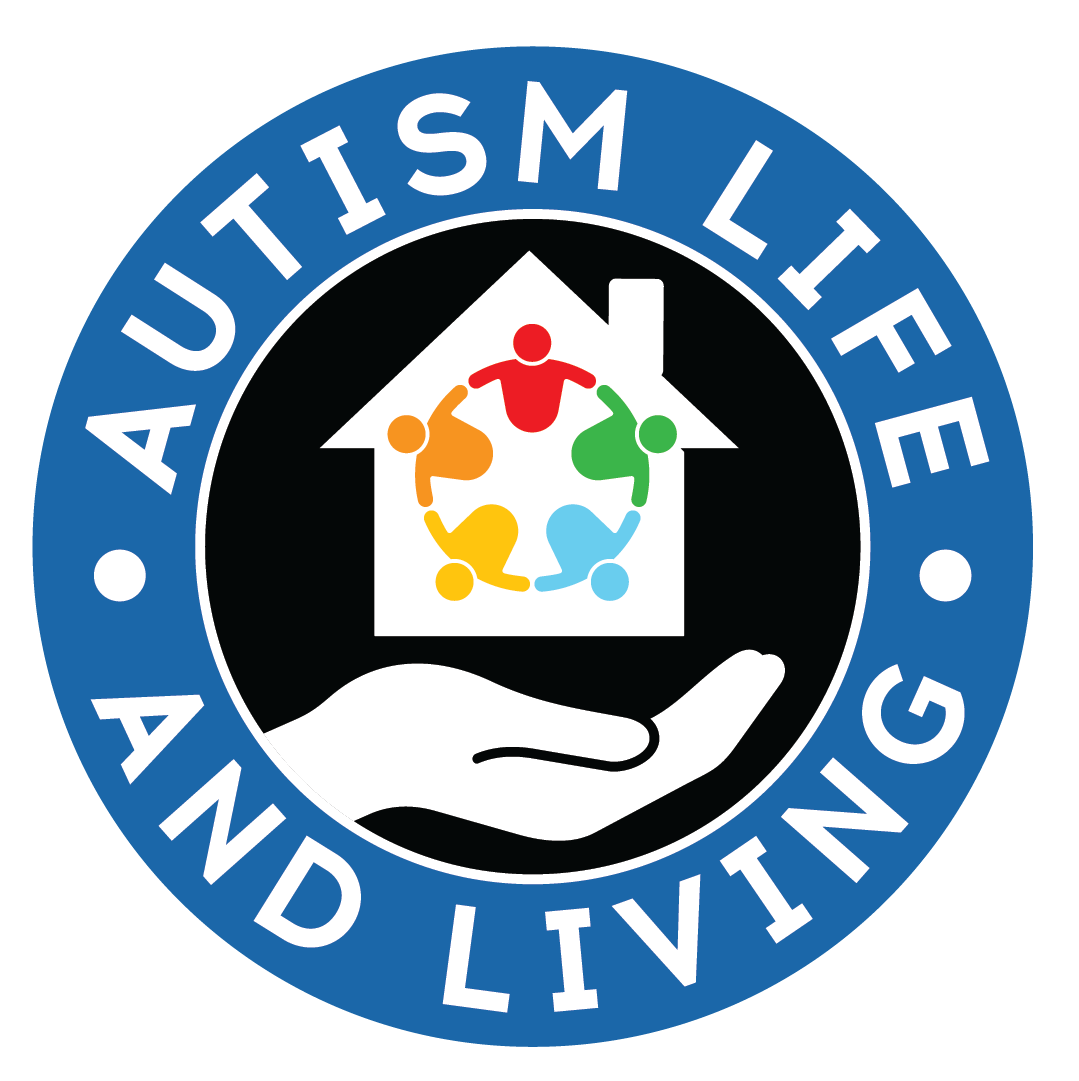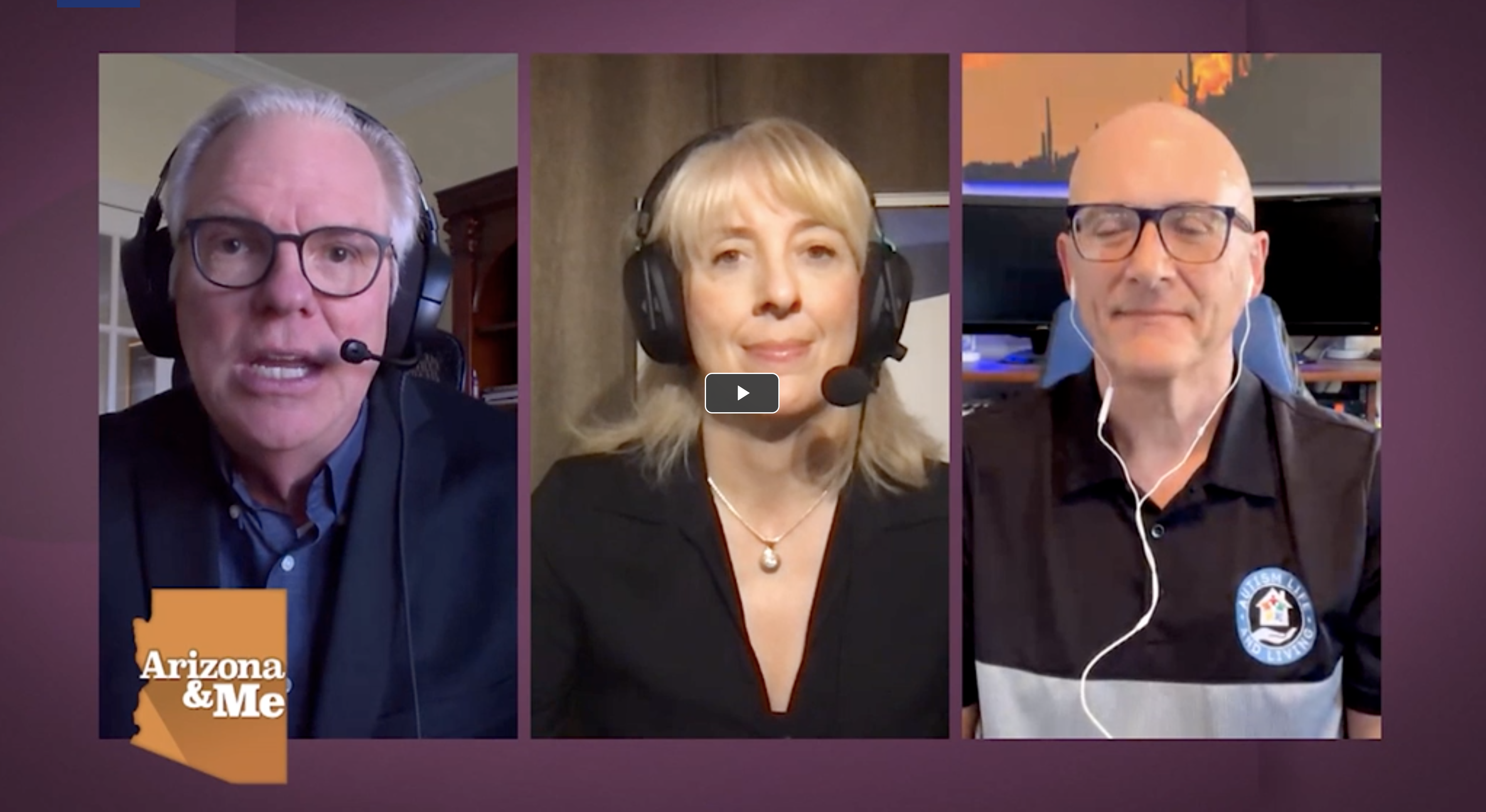
The Foothills Focus
Norterra Mom Supports Adults with Autism.
As the mother of two boys with autism, Lisa Masters became concerned about their well-being after she passes away.
“As they were getting close to adult age, I started thinking and planning for what would become of them when I wasn’t here anymore,” said Masters, who lives in Norterra.
“I did my research, and it was just very concerning.”
She didn’t want to wait for the “government to do something,” so she formed Autism Life and Living to help provide safe and affordable housing for adults with intellectual and developmental disorders.
The goal is to build a community with thoroughly vetted staff, a program director to oversee activities and a partnership with local agencies and businesses to provide life skill training, transportation and job opportunities.
While the housing market is tough for everyone, Masters said adults with intellectual and developmental disabilities are hit the hardest. She added that out of the 7.3 million individuals with intellectual and developmental disabilities in the United States, 6.14 million do not receive publicly funded residential support.
To live on their own, adults with autism have the option to pay thousands of dollars a month to be in a support community or stay in a group home, where abuse rates are high. Masters said those who are a little higher functioning may be able to find work, but not at a livable wage. Those who cannot work rely solely on social security, which she said is only about $500 a month for shelter and food.
So, many autistic adults end up staying with their parents well into adulthood. This is only a temporary solution, however, as the parents will also need additional care and support as they age.
“I get calls and emails every week from desperate parents saying, ‘Please help me, I don’t know where to put my son. I’m getting really old and I’m sick myself, we don’t know what to do,’” Masters said.
Masters said her older son is unable to work and needs guidance for basic things like not opening the door to strangers or not starting the toaster with a towel on top of it. She said he is someone who desperately needs an affordable, supportive place to live. Her younger son is higher functioning. He has a driver’s license and takes classes at Glendale Community College. Masters said he would still need support with financial and complex adult tasks.
“They are both very, very sweet, kind, fun, silly young men,” she said. “And I’m terrified for when I’m no longer here. Every cell in my body has nightmares day and night thinking about what’s going to happen, and I know many parents share that fear.”
Seeing thousands of other families and adults with intellectual disabilities, Masters said it wasn’t enough just to help her own children. She said they are neglected and often mistreated, but it goes largely unnoticed because most of them do not have the capability to advocate for themselves. In addition, the prevalence of autism is rapidly growing. The Centers for Disease Control and Prevention reports that 1 in 44 children have autism, and that number has increased by 241% since 2000.
The Autism Life and Living organization is still in the startup phase. It does not have homes yet, but is looking for sponsors, donations and even a builder or contractor to help make it happen. In the meantime, Masters said she is just trying to raise awareness about the issue.
“We’re trying to reach out to the community and tell them this is a very significant housing crisis that has been in place for decades that no one has heard about because they (adults with autism) don’t have a voice,” she said. “They have been forced to live with aging and ailing parents, and that seems to be OK with society and our government. They don’t have specialized, safe housing for them.”
By Allison Brown, Foothills Focus Staff Wrier
See the full article HERE





